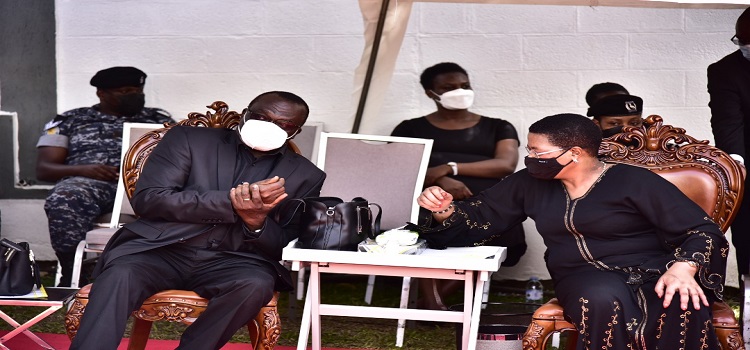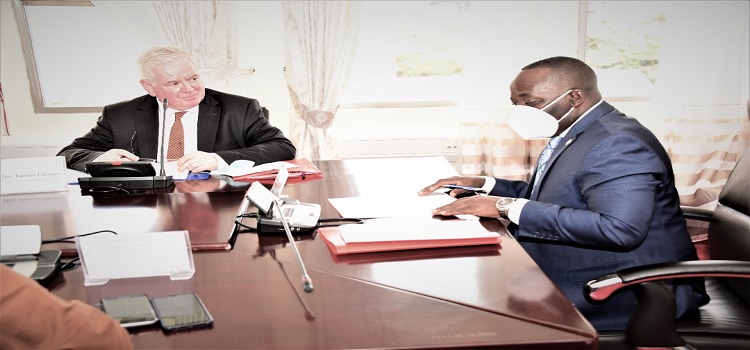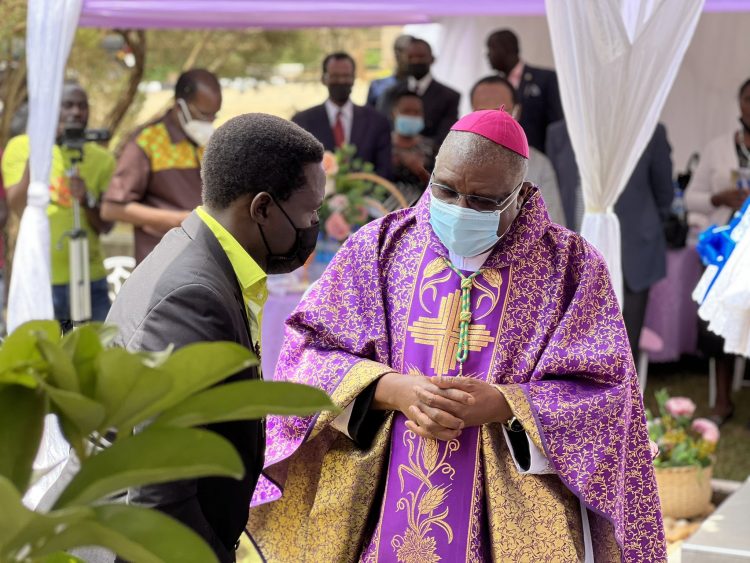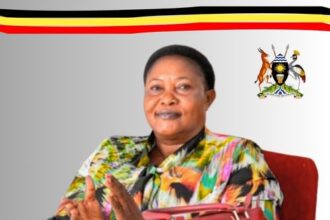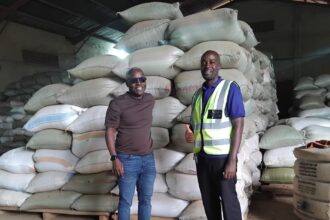On March 29, the Democratic Republic of Congo (DRC) joined the East African community (EAC). This brings the number of members from the original three to seven. On the same day, M23 rebels attacked a Congolese military base near Bunagana, Uganda’s border post with DRC. The UPDF engaged the rebels and arrested some of them. It was another reminder that peace in our region remains fragile. Yet the irony is that more than peace, it is conflict in the DRC that has driven her integration into the EAC.
In the 1960s and 70s the EAC was an exemplar of successful regional integration in the world. Even in Europe, the EEC (the precursor to the EU) looked to the EAC for lessons on how to build a customs union with shared services. Yet Congo (plus Rwanda and Burundi), though bordering Uganda and Tanzania, did not show any interest in this regional body. On the contrary, it was Somalia, Ethiopia and Zambia that expressed interest to join. Sudan too did not express interest to join the EAC. What changed?
I want to suggest that the driving force of regional integration in east Africa has been military adventures primarily spearheaded by President Yoweri Museveni later to be complemented by President Paul Kagame. Since he came to power in 1986, Ugandan troops have invaded (or we can use the polite word “forcefully intervened”) in Rwanda (1990), Sudan (1997) and DRC (1998). The rebel group that invaded Rwanda in 1990 was a part of the Ugandan army, the NRA, now UPDF. This part of the NRA became RPA, later RDF. Rwanda (or the RPA/RDF) under President Paul Kagame, who had been in officer in the NRA, invaded DRC in 1997.
Thus, whenever and wherever the Ugandan and Rwandan militaries have invaded, their traders have followed. Rwanda has always been Uganda’s neighbour. If you look at Uganda’s trade statistics, there was hardly any serious trading activity between the two nations between 1962 and 1994. The only economic intercourse was minor trading by people around the border areas.
When the RPA triumphed in Rwanda in 1994, the ball game changed and the integration of the two countries followed as a matter of course. The movement of people and goods between the two countries started to grow by leaps and bounds. Although a Ugandan required a visa to visit Rwanda, the RPF-led government in Kigali just allowed Ugandans and later Kenyans to enter without a visa – even without passing a law abolishing this requirement. Luganda became a medium of communication in some parts of Kigali, some of which, like Kisenyi, adopted names from Uganda.
On construction sites, in markets, bars, garages, schools, hospitals, bus and taxi parks, salons, offices in Kigali, you would find Ugandan professionals, traders, drivers, barbers, bar tenders, electricians, masons, teachers, nurses, doctors, etc. As a regular visitor to Kigali, I was always impressed by the level of integration between the two countries long before Rwanda joined the EAC. I was therefore most disappointed that Kampala allowed petty issues to cloud her judgement of the strategic role of this profitable neighbourly exchange, itself created by Museveni’s revolution. By the time Rwanda imposed a trade embargo on Uganda in 2019, the economic intercourse (trade in goods and services, tourism and remittences) between the two countries exceeded $700m.
When the Ugandan and Rwandan militaries invaded DRC, they set the ball of regional integration rolling westwards. In mid 1997, RPA spearheads entered Kinshasa and deposed the ailing Marshal Mobutu Sese Seko. Immediately afterwards, Ugandan and Rwandan traders were on the march. From Kinshasa to Kisangani to Mbuji Mayi, Goma and Bunia, economic intercourse between the three countries picked apace. Congolese minerals and other resources were exchanged for manufactures from Uganda. Today, visit Kampala’s trade epicenter in Kibubo. There, you will find hundreds of lorries from the DRC loading cargo destined for Bunia, Goma, Beni, etc. From almost nothing in 1997, Uganda’s exports to DRC now exceed $500m annually and they continue to grow.
Beginning 1989, Uganda supported the SPLA against the government in Khartoum. In 1997, the UPDF invaded Sudan directly and helped push the SPLA towards Juba. In 2003, Uganda redeployed her troops in Sudan again, this time under an agreement with Khartoum, to flush LRA rebels out of the southern region. Then after 16 years of direct and indirect military operations supporting the SPLA, Uganda helped in forcing the balkanisation of Sudan, creating the new state of South Sudan.
For decades, Ugandans and South Sudanese lived next to each other. However, the two peoples traded very little. When the SPLA began self-administration in South Sudan after the 2005 peace accord, the situation changed dramatically. All of a sudden, Ugandan traders, manufactures, boda boda riders, mechanics, barbers and other wheeler dealers flooded Juba like a swarm of bees. The movement of people and goods between the two countries led to unprecedented trade and investment. By 2009, Uganda was exporting goods worth over $670m to South Sudan. The South Sudanese became the largest players on the Kampala real estate market.
Therefore, the integration of Rwanda, DRC and South Sudan with Uganda was well advanced long before these three countries joined the EAC. The lesson from above stories is simple but fundamental: the critical driving force behind regional integration has been Museveni’s and Kagame’s military adventures in this region. These military interventions have contributed much more than all the summits by heads of state and their bureaucrats in airconditioned international conference halls. If international agreements have made any meaningful contribution to regional integration, it has only been to give formal and legal sanction to a process achieved largely by our men in uniform on the battlefields.
The NRM revolution sparked the RPF revolution and gave momentum to the SPLA revolution. The RPF revolution ignited a revolution in the DRC, thereby extending NRM’s contribution to regional liberation. Today, the armies of Uganda and Rwanda stand guard in Central Africa Republic, Mozambique, Somalia, DRC and South Sudan, creating a security competition between Kampala and Kigali that has led to structural stress between the two nations. While the initial military interventions by Kampala and later Kigali were unilateral, today both UPDF and RDF deploy in other countries of this region at the invitation of their governments. Consent and cooperation are replacing unilateral action, thereby giving legitimacy to, and space for, peaceful economic intercourse. Welcome DRC to the EAC. We must thank the NRM and RPF revolutions for this.
Do you have a story in your community or an opinion to share with us: Email us at Submit an Article




